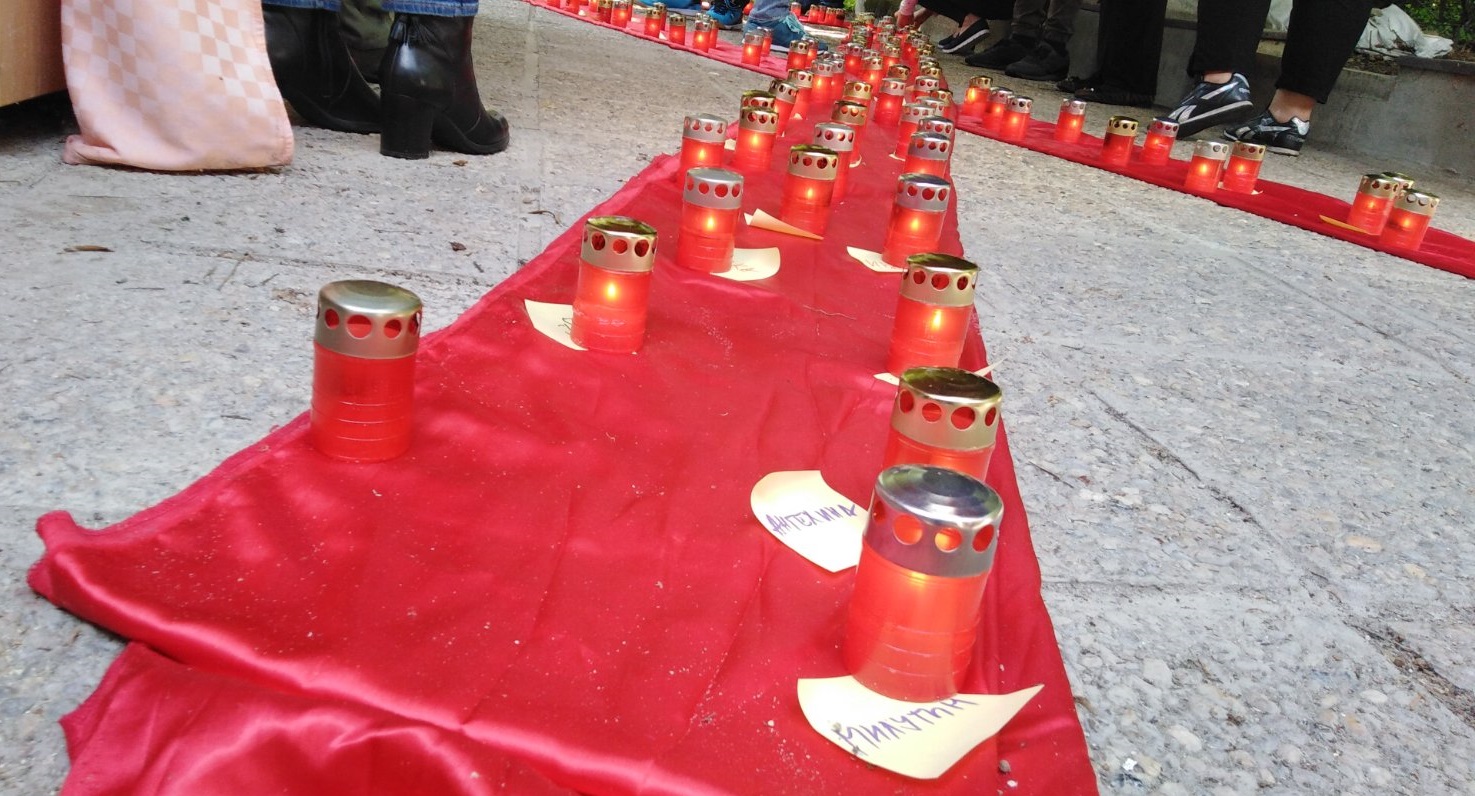From the UNAID statement
Amidst the ongoing military offensive against Ukraine, The Joint United Nations Programme on HIV/AIDS (UNAIDS) is calling for the protection of health workers and uninterrupted continuation of HIV and health services for all people, including people living with and affected by HIV. Ukraine has the second largest AIDS epidemic in the region. It is estimated that there are 250 000 people living with HIV in Ukraine, 156 000 of whom are on antiretroviral therapy, medication that needs to be taken daily for people to remain alive and well.
“People living with HIV in Ukraine only have a few weeks of antiretroviral therapy remaining with them, and without continuous access their lives are at risk,” said Winnie Byanyima, UNAIDS Executive Director. “The hundreds of thousands of people living with and affected by HIV in Ukraine must have unbroken access to life-saving HIV services, including HIV prevention, testing and treatment.”
To date, the Government of Ukraine, together with civil society and international organizations, has implemented one of the largest and most effective HIV responses in Eastern Europe and central Asia. However, with the ongoing military offensive, the efforts and gains made in responding to HIV are in serious risk of being reversed, putting even more lives in danger.
The right to health and access to HIV services must always be protected, and health workers, representatives of civil society and their clients must never be targets in a conflict. The ongoing military conflict has affected everyone in Ukraine but is likely to be particularly hard for people living with HIV and key populations, including people who use drugs, sex workers, gay men and other men who have sex with men and transgender people.
As highlighted by the United Nations Secretary-General, the United Nations is committed to support people in Ukraine, who have already suffered from “so much death, destruction and displacement” from the military offensive, in their time of need.
With the support of the Global Fund to Fight AIDS, Tuberculosis and Malaria, the United States President’s Emergency Plan for AIDS Relief and UNAIDS, the Government of Ukraine and civil society partners have delivered HIV prevention and treatment services for people living with HIV and key populations across Ukraine for many years and stand ready to give further support during the ongoing crisis.
UNAIDS staff remain on the ground in Ukraine, working to ensure that people living with HIV and key populations in Ukraine have continued access to life-saving services, with a particular focus on the most vulnerable civilians. UNAIDS will continue to support HIV prevention, testing, treatment, care and support for people across Ukraine affected by the crisis.



 The
The 



